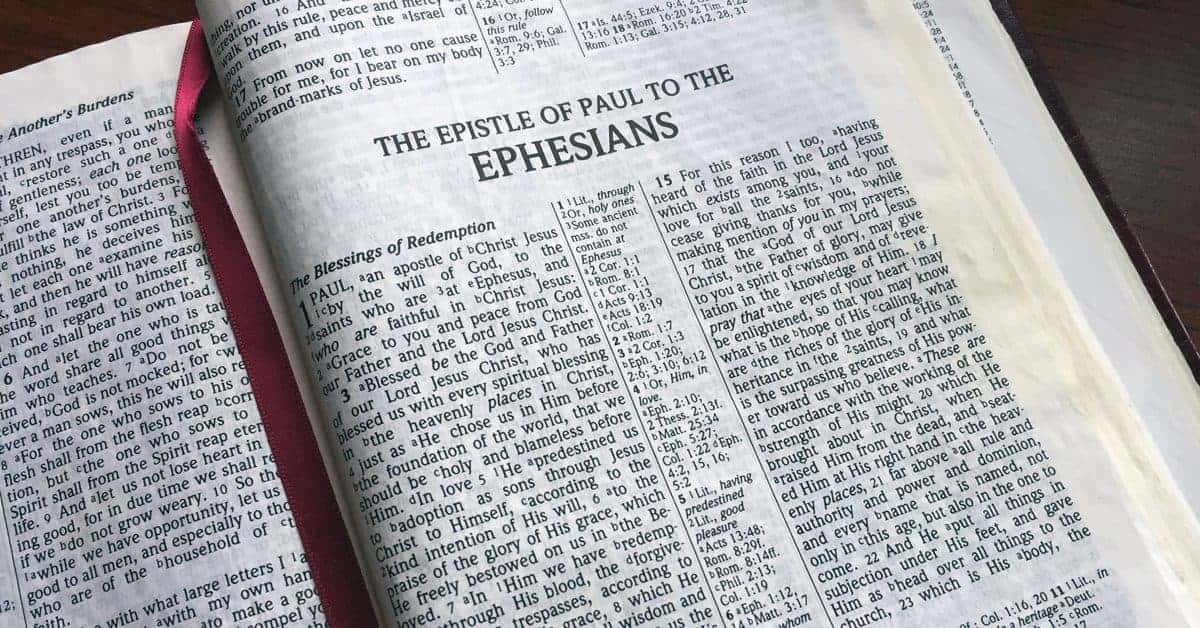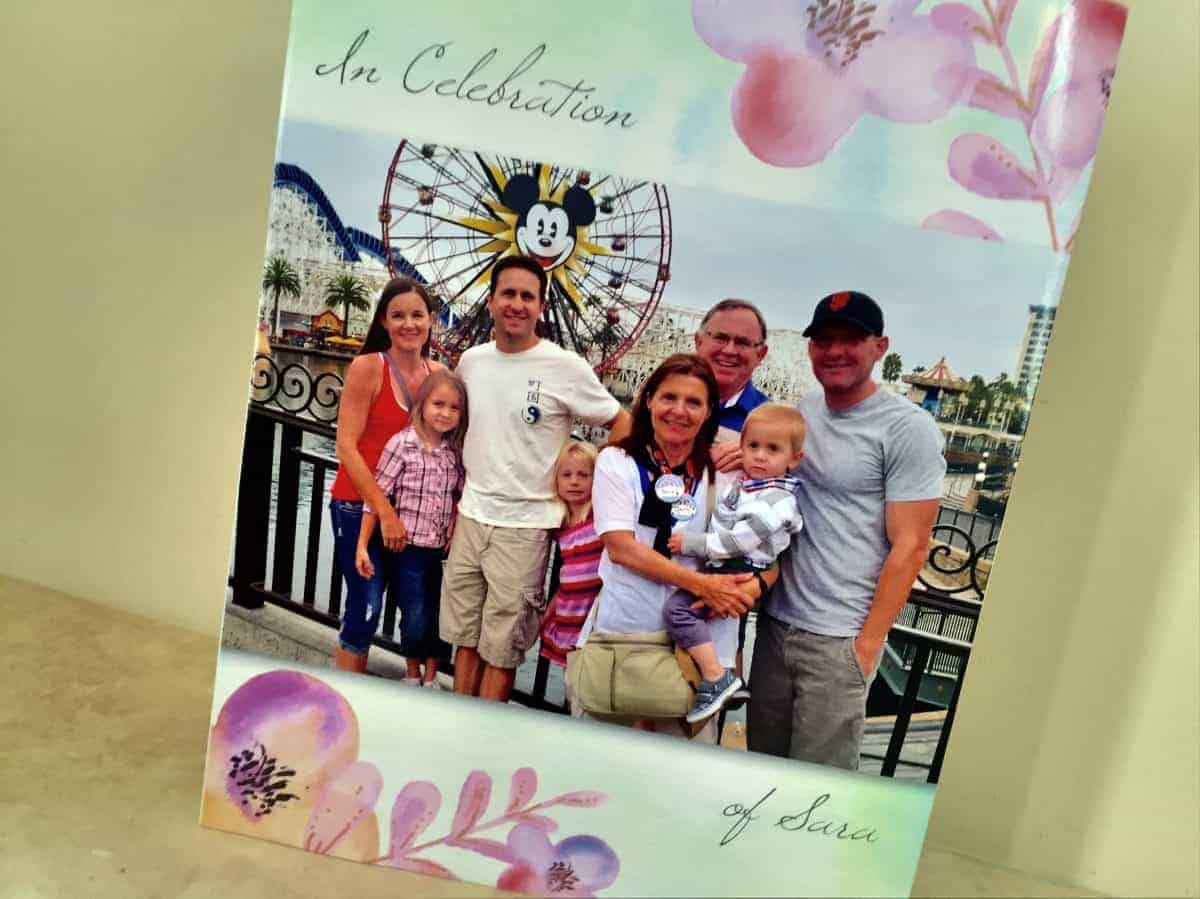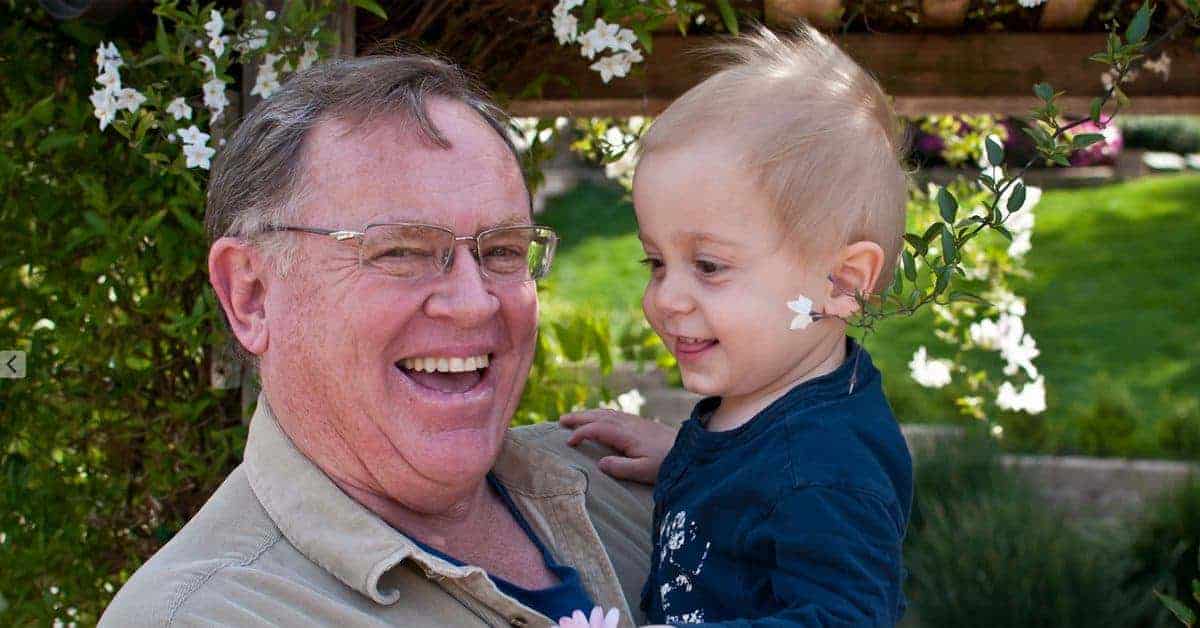By Wayne Jacobsen in a continuing series on The Phenomenon of the Dones.
I SAT DOWN to lunch with a good friend of mine one Tuesday afternoon, while I was still a pastor at a local congregation. We couldn’t even get our order placed before he exploded with excitement over the sermon I had preached two days before. “That was the best sermon I’ve ever heard. It changed my life.”
I knew it had gone well. Anyone who preaches regularly knows there are times when some sermons are just okay, and other times when everything comes together—the content, the crowd, a great illustration, even a move of the Spirit—that makes it incredibly special. That had been one of those times, but I was nonetheless intrigued by his last comment.
“Really? How did it change you?”
I could immediately see my question caught him off guard. I saw his mind churning right through his eyes but nothing was coming out of his mouth except, Ahh… Ahh… Ummm…” His lips had tightened and his hand pulsated in front of his chin, but he couldn’t think of a thing to say?
I tried again. “Can you tell me one thing you took away from that sermon?”
“Let me think,” he said buying time. “Remind me again what you talked about.”
“Oh no you don’t,” I responded playfully.
“At least give me the text,” he pleaded. I shook my head. After a bit more silence, we both started to laugh. Only forty-eight hours after the best sermon he’d ever heard and he couldn’t even remember what it was about.
This was one of those wake-up moments in my life. I used to love preaching sermons and having a roomful of people hang on my every word. I thrived on their laughter to a funny story or their wetted eyes when some truth touched their heart. I knew my friend was not given to flattery for he was as apt to criticize as he was to complement. That sermon had touched him powerfully if not enduringly.
I had already grown suspicious that the Sunday sermon is one of the most ineffective ways to help people grow spiritually. I have seen good sermons go by before without having any impact on the people who heard it. I have binders full of notes from sermons and teachings I’ve heard and while I can repeat the content of some of the more memorable ones, I can’t say that any of them actually changed the trajectory of my life.
Strange, isn’t it? It’s one of the two most important reasons people go to Sunday services. One is for what many call worship, that time of singing, prayer, praise or even celebrating the Eucharist, and the sermon. Any serious Christian will have a regular dose of both, or so the prevailing thought is. But how much time did Christ spend doing either? Did he ever teach is disciples how to facilitate a good “worship” experience, or how to craft a powerful sermon?
Perhaps we’ve overplayed the sermon card.
Looking back over the Gospels I’m amazed at how few sermons he actually gave and even when he did how little impact it had on those who listened. Not one of them was ever scheduled in advance. He simply talked to whomever he was with, whether it be an afternoon with a Samaritan woman, or her friends and family later that night. It could be his disciples in a boat or 5,000 scattered on a hillside, but it was never a prepared text, a scripted lecture, or a flourishing finish with a well-thought out application for the people to go and obey.
He talked about his Father’s kingdom and how they could embrace it. He wasn’t teaching doctrine, ethics, or rituals, but helping people discover how to live with God inside the reality of their own challenges. It was no wonder the most transformative moments came in personal conversations and why our preoccupation with sermons, seminars, and classes produce a Christianity that some complain is a mile wide but only an inch deep.
Fr. Richard Rohr recently wrote, “Christians have preferred to hear something Jesus never said: ‘Worship me. Worship of Jesus is rather harmless and risk-free; following Jesus changes everything.” He went on to suggest that the Sunday teaching is “like a secret social contract between clergy and laity, as we shake hands across the sanctuary. We agree not to tell you anything that would make you uncomfortable, and you will keep coming to our services. It is a nice deal, because once the Gospel is preached, I doubt if the churches would be filled. Rather, we might be out on the streets living the message.” He called it a co-dependent relationship that actually keeps the Gospel from spreading in the world.
This is one of the major reasons the so-called “Dones” are giving up on the Sunday morning delivery system. It is proving increasingly irrelevant to their spiritual lives. They can get good teaching in other places, what they need is less a Sunday morning pep talk to try harder and more of an exchange that is relevant to their own journey. They seek a vibrant spirituality that fulfills the promises they’ve heard about in sermon after sermon. To help them discover that we need to move beyond lectures and books, to the kind of encounters with people that Jesus had.
I got my pilot’s license when I was seventeen. While I did attend ground school and learn all the intricacies of aerodynamics, navigation, weather, air traffic control, and how to load a balanced aircraft, I never learned to fly. That took climbing into an aircraft along with an instructor who could show me what to do to actually fly a plane. That could never happen in a class; it had to happen with a tutor.
So I’m not saying that sermons have no value, only that the value is limited. They can provide valuable information and inspiration, but their impact on spiritual transformation is fairly weak and all the more so as people get used to hearing the same voice each week. They may find it informative, inspirational, even entertaining, but at the end of the day it cannot show them how to live. For that they need a more mature friend with whom they can share their experiences, questions and even doubts as they explore their own connection to God.
Listening to sermons, even taking notes and trying to live out the application is probably the worst way to discover how to live inside the love of the Father and to follow him.
I’m convinced that ninety percent of teaching and preaching occurs in a conversation where questions are being asked, doubts considered, and difficult realities contemplated. The life of Christ doesn’t flow well in three-point outlines on a topic they are not even considering until I bring it up. Christ comes to them “in life”, not far removed from it in the comfort of a sanctuary. Learning to live inside his reality is very different from learning the routines of Christianity as a religion.
Yes, I still talk to larger groups, but far less as a lecture and far more as a conversation that allows people to learn in their time and through their own experiences. What are their questions, doubts, and struggles, and how might I frame a question or observation that leads them into a wider world where God makes himself known to them? I’ve come to value the time in cars and homes with people far more than I do standing on a stage, and I see far more impact from it as well.
This kind of teaching enthralls me. Oh, it is more difficult than preparing a lecture on the topic of my choosing. It demands that I engage them, listen carefully to their story and concerns with an ear tuned to the Spirit so that I can respond not with a pat answer, but with something tailored to them in that moment. After all the life of Jesus isn’t about teaching people a set of doctrines, but assisting them in finding their way into living in the growing awareness of his life.
Sermons give the mistaken idea that there is a well-crafted answer to every question, but that’s only because we set up the question to fit our answers. They can unwittingly intimidate people from engaging others with real questions because they don’t have all the answers. The very positioning of a lecture sets up an expert in the front of the room that everyone should listen to rather than a fellow-struggler in this amazing adventure of participating in the mystery of Christ in us.
In fact it may be true that the one teaching the sermon gets the most value out of it. It usually is attached to his or her life, wrestling with content important for their journey. But if we want to serve others, wouldn’t we want to reverse that? Instead of sharing what has value in our lives, we would be teaching what most makes sense in theirs.
Studying just to share a teaching and then rush back to your closet to prepare another, doesn’t even give time for it to sink in on your own life, much less theirs. I remember sharing on many topics that were fresh to my own journey, but as soon as I taught about them I moved on to something else that interested me, without embracing the very realities about which I was teaching.
Our preoccupation with sermons is built on the underlying assumption that we grow best by hearing a truth and then applying it to our lives. That may work for writing computer code or cleaning a home, but it will not teach people how to follow him. For that they need an encounter God in their unfolding circumstances and the insight to lean into his reality. It’s not the preaching of the Scriptures we need more of, but the preaching of Christ that helps people see him in their own lives and follow him.
What we need are men and women living the life themselves, who can freely pass it on to others in conversation. Our emphasis on the Sunday sermon as the center of the local congregation and the focus for spiritual growth causes us to keep raising up generations of young men and women who academically equipped to teach sermons, but are ill-prepared to be a companion alongside someone’s spiritual journey. They can write an outline and talk with eloquence, but they have no idea how to help someone find a transformative relationship in the midst of the circumstances life throws at them.
In recent decades an old word has re-emerged to describe this approach: spiritual director. The word places a greater emphasis on professionalism and control than I like and is often only available to the wealthy or well-connected. Can you imagine of older brothers and sisters who’ve been on the journey for a while would be willing to share their encouragement and wisdom with the authority and control that so easily sidetracks it? All you have to do is come alongside someone as a friend and share your journey and insights allowing the Holy Spirit to help them see what’s best for their journey.
The church in the west is not withering for lack of knowledge, but for a lack of knowing him and being transformed by him. We teach Christ as a religion to follow that is empty and futile, rather than helping people live it with freedom. The early church had the same problem. Paul wanted them to learn that it wasn’t. His admonishment in Colossians 2 is as applicable today as it was to his listeners:
My counsel for you is simple and straightforward: Just go ahead with what you’ve been given. You received Christ Jesus, the Master; now live him. You’re deeply rooted in him. You’re well constructed upon him. You know your way around the faith. Now do what you’ve been taught. School’s out; quit studying the subject and start living it! And let your living spill over into thanksgiving.
Watch out for people who try to dazzle you with big words and intellectual double-talk. They want to drag you off into endless arguments that never amount to anything. They spread their ideas through the empty traditions of human beings and the empty superstitions of spirit beings. But that’s not the way of Christ. Everything of God gets expressed in him, so you can see and hear him clearly.
The power of the Gospel is demonstrated not in our programs or lectures, but in a transformed life living freely in the world. We are the sermon the world needs, and the sermon that can help others grow to know him. It’s our living in him that makes the difference, not just talking about.
_________
This is part 17 in a series on The Phenomenon of the Dones by Wayne Jacobsen who is the author of Finding Church and host of a podcast at TheGodJourney.com. You can read the first half here and subsequent parts below:
If you’d like to subscribe to this blog and receive future posts by email you can sign up at the top of the right-hand column of our home page.















